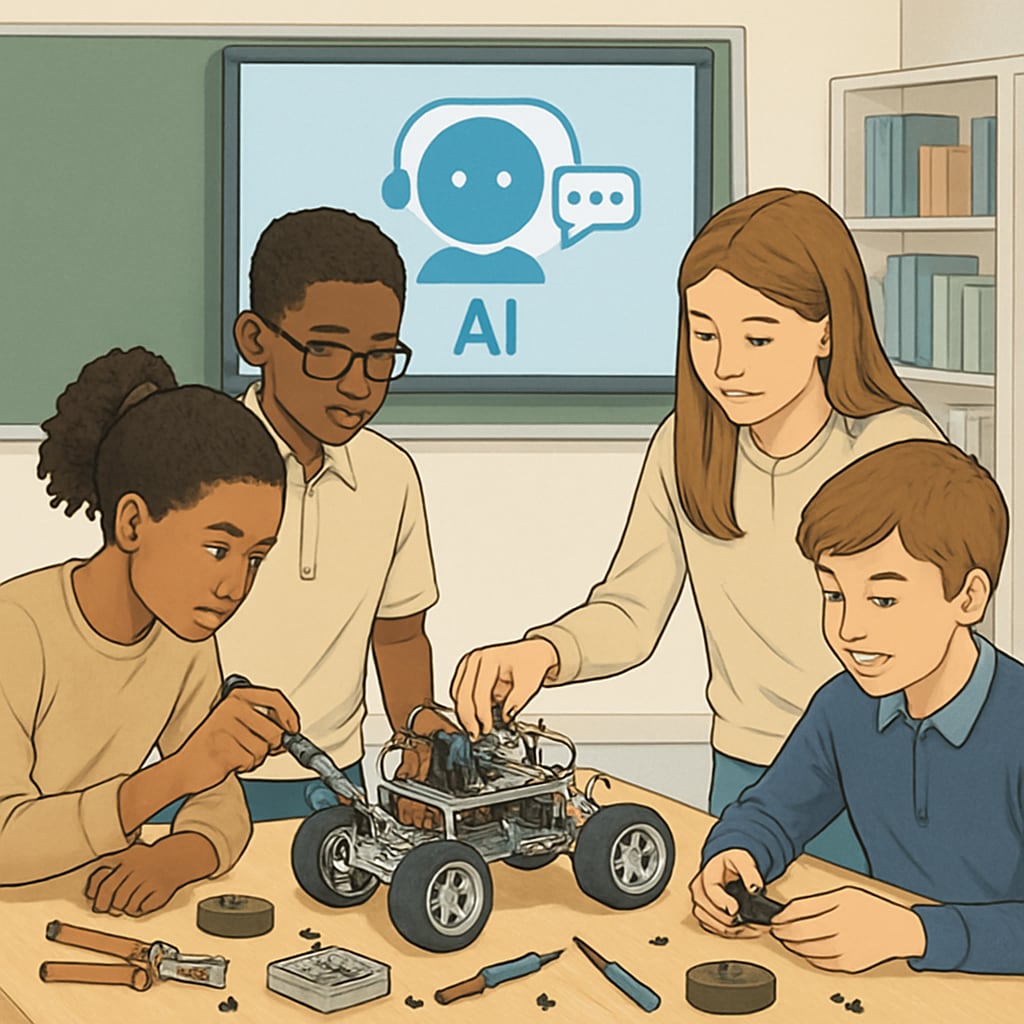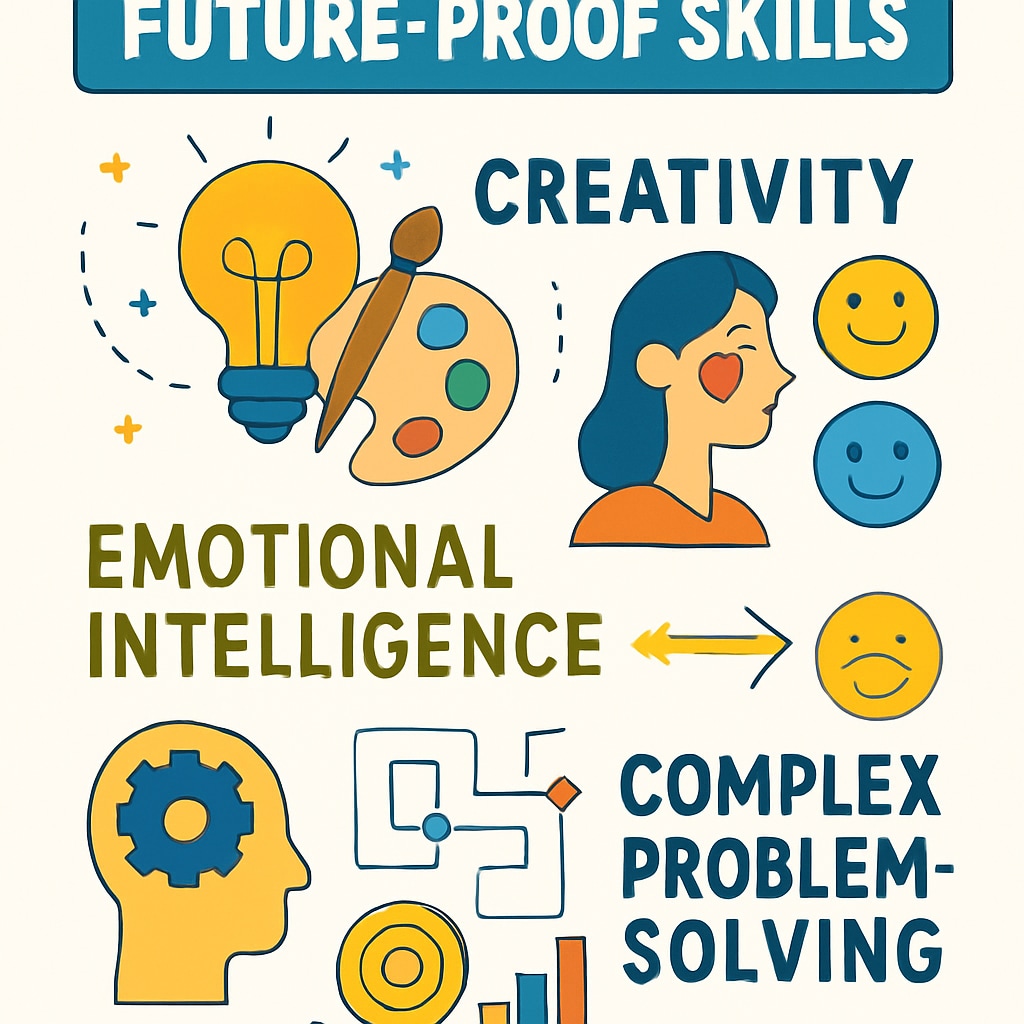Artificial intelligence is fundamentally altering higher education and career prospects worldwide. As AI systems demonstrate increasing capabilities in cognitive tasks, educators face urgent questions about preparing today’s students for tomorrow’s unpredictable job landscape.

The AI Disruption in Traditional Education Models
Current education systems, designed during the Industrial Revolution, emphasize memorization and standardized testing. However, research from the Brookings Institution shows that 25-46% of current jobs could be automated within decades. This creates three critical challenges:
- Many degree programs train students for careers that may not exist
- Standardized testing fails to measure AI-resistant human skills
- Curricula often lag behind technological advancements by years
Essential Skills for the AI Era
Rather than competing with machines, future-proof education should cultivate uniquely human capabilities. According to the World Economic Forum, the most valuable 21st century skills include:

- Metacognition: Learning how to learn and unlearn
- Creative problem-solving: Beyond algorithmic thinking
- Emotional intelligence: AI’s current limitation
- Adaptive leadership: Navigating constant change
Practical Strategies for K12 Transformation
Schools worldwide are implementing innovative approaches:
- STEAM integration: Combining arts with STEM to foster creativity
- Project-based learning: Simulating real-world challenges
- AI literacy programs: Teaching students to use AI tools ethically
- Growth mindset cultivation: Emphasizing resilience and adaptability
While AI’s impact on higher education and careers remains unpredictable, proactive K12 reforms can equip students with transferable competencies. The goal isn’t to predict the future, but to prepare learners to shape it.


